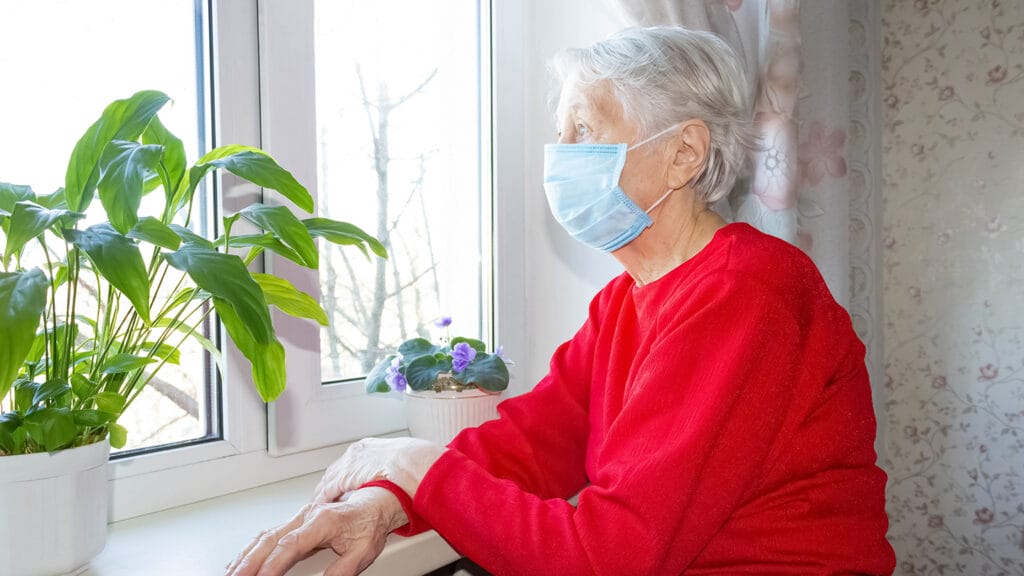
Elder care policy institute PHI National is launching a new Equity Institute that will provide a “360-degree view” of inequities plaguing the direct care workforce.
Robert Espinoza, vice president of policy for PHI, told McKnight’s Home Care Daily Pulse the institute will focus on issues, such as low wages and training of the direct care workforce, which is mostly women and people of color.
“The purpose of the institute is to better understand those disparities and inequities, so we can begin tackling them one by one through more research, developing workforce interventions and advocacy approaches that identify the policy reforms that would create equity within and for the direct care workforce,” Espinoza said.
According to new research by PHI, 48% of Hispanic/Latino direct care workers and 47% of Black direct care workers live in low-income households compared to 41% of white direct care workers. Espinoza said a better understanding of income inequality could help the direct care industry close the compensation gap, adopt equity-focused workforce interventions and help increase participation in the direct care industry.
PHI estimates there are approximately 4.5 million direct care workers in the U.S., with more than half working in the home care industry. The nonprofit also estimates that the direct care industry will need an additional 7 million workers by the end of the decade.
The Equity Institute will also be zeroing in on the so-called “gray” direct care workforce — caregivers who work for cash and are not affiliated with a home care agency. Espinoza said it is hard to estimate how large the gray workforce is and how it impacts the direct care industry.
“If we understood that sector, we could understand what are the policy issues that would bring them into the forefront, support them and create a healthier system,” Espinoza explained.
In related news, on Monday, the Biden administration announced steps it would take to promote union membership and collective bargaining among private and public sector workers, including those in the care economy. The White House effort would prevent employers from spending federal contract money on anti-union campaigns, educate workers on their rights to bargain collectively and a long list of other initiatives.
Espinoza said unions in New York, California and Washington have developed strong training programs for direct care workers, which have helped drive other workers into the industry.
“We need to consider every strategy because what we are finding is that employers can’t find or retain the workers that they need right now,” Espinoza said.



